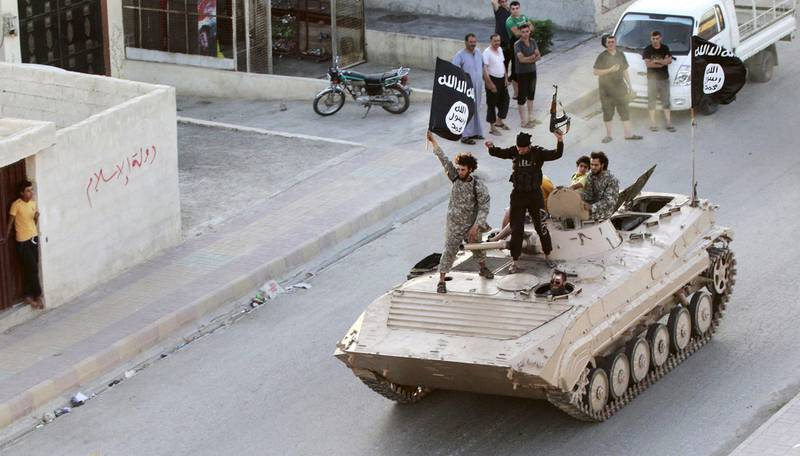
Dutch ISIS recruits held pivotal roles in the terrorist group — not the minor roles they have claimed — and they should be held fully accountable for their crimes, a report from the Counter Extremist Project think tank says.
Claims that they were radicalised and groomed online have also been dismissed after evidence has emerged that many were members of extremist group Sharia4Holland — an offshoot of Britain’s Anjem Choudary’s banned Al-Muhajiroun group.
Choudary has been accused of being one of Europe’s most prolific ISIS recruiters.
The Counter Extremism Project’s (CEP) report, titled “Dutch Foreign Fighters: Before, During and After the ISIS Caliphate,” looks at the true nature of the role of Dutch recruits and calls on the authorities to hold them fully accountable.
“This report seeks to provide a snapshot into some of the roles and activities in the Caliphate of Dutch recruits to ISIS. For those on whom information is readily available, the truth is certainly more complex than the existing tropes and caricatures imply,” the report’s author, CEP Strategic Adviser Liam Duffy, said.
“Too often, we fall back into easy explanations such as the unique and hypnotic power of IS propaganda. As this report demonstrates, Dutch citizens did not leave in their hundreds because they were manipulated online, but in most cases because they wished to live under Sharia as implemented by the jihadists of ISIS.
“Dutch citizens were not simply cooks or welders, but many served in combatant roles. Some were connected to ISIS’s worst abuses and excesses.
“Failing to confront these realities has blunted and softened the cry for justice and accountability, insulted the victims of ISIS, and leaves European societies vulnerable to future waves of jihadist recruitment.”
It has found many were not “vulnerable or impressionable teenagers” but were on average aged 23.
Despite their protestations, the report found many were in frontline roles, including ISIS fighter Yago Riedijk, who was married to British schoolgirl Shamima Begum, who left the UK with her friends to join ISIS.
Riedijk claimed he was a welder and a medic but was pictured posing with a Kalashnikov rifle, and he had sent a photo home of himself in military uniform claiming to be a soldier for ISIS.
The report found 70 per cent of Dutch recruits came from the same areas and were connected to four extremist groups.
“The paper demonstrates that foreign fighters departing from the Netherlands to Syria were heavily geographically concentrated, often involving individuals who knew each other in the Netherlands before joining the Islamic State,” CEP Executive Director David Ibsen said.
“Given the evidence presented in this report, that so many Dutch foreign fighters would now claim manipulation, ignorance, or never having been involved in violence, arguably demonstrates a near total lack of personal responsibility for their individual decisions. This must be taken into account by lawmakers when considering how to prosecute them upon their return to the Netherlands.”
According to the European police agency Europol, about 5,000 Europeans went to fight in Syria and Iraq, of whom roughly 1,500 have returned.
It is believed 300 Dutch men and women joined the war in Iraq and Syria.
